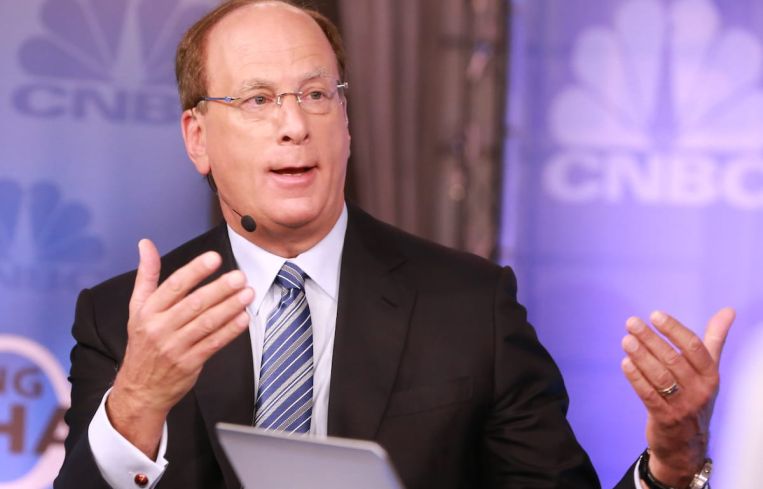BlackRock CEO Latest Business Leader Who Doesn’t See Full Return to Office
‘Maybe 60 percent or 70 percent’
By Greg Cornfield September 17, 2020 5:55 pm
reprints
Another major CEO misses his office, but permanent cuts could be coming to how much his company will need it moving forward.
Sharing more results from the coronavirus work-from-home experiment, Larry Fink, chairman and CEO of BlackRock, said during a virtual conference with Morningstar Inc. that he doesn’t believe the firm will ever be “100 percent back in the office.”
“Maybe 60 percent or 70 percent, and maybe that is a rotation,” he said. “But I don’t believe we’ll ever have a full cadre of people in office.”
But he explained one of the most difficult issues in managing the world’s largest asset management company is retention of a culture — which doesn’t typically evolve in a remote fashion — and how working from home eliminates organic in-person meetings with clients and colleagues.
Fink’s uncertainty in long-term virtual work follows reports that companies have started to see a drop in productivity in the work-from-home model. The heads of 20 of the 50 businesses surveyed by architect and design firm Vocon started to see decreases in productivity in staff working from home. JPMorgan Chase also recently told its trading-floor employees to return to work by Sept. 21, and then CEO Jamie Dimon said working from home was causing productivity to slip.
Newmark Knight Frank also recently conducted a survey of clients nationwide about their companies’ work-from-home status and their plans for returning to the office. It found that 85 percent plan to be back in the office in 2021; 70 percent want to go back to the office full-time; and 65 percent of clients will need the same amount of office space, or more.
In August, BlackRock said employees could work remotely the rest of the year. But today Fink said they have been missing the culture that binds and unifies them as an organization, and he worries about many issues surrounding working from home over a long period of time.
“Can you have translational ideas through Zoom calls?” he said. “Can you have translational ideas to help you think five steps ahead of your clients’ needs, or five steps ahead of the industry trends? It’s much harder being by yourself remotely, even connected with all your leadership, because you don’t have that water cooler moment,” or meetings where you “come up with a trend.”
Fink said BlackRock has 400 young people who joined its workforce since July, and “they’ve never been to the office yet.”
“How are they going to get connected?” Fink said. “How are they going to feel they are a part of this organization?”
A hybrid model, however, could mean at least a decrease in demand. Fink’s signal favoring a mix-rotation work model follows Reed Hastings, founder and co-CEO of Netflix, telling the Wall Street Journal that working from home was a “pure negative.” Hastings guessed the outcome would be four days in the office with one day virtual at home.
In reaction to Fink’s comments, Ryan Harding, executive managing director with NKF’s Downtown Los Angeles office, said it’s important to remember “we are not working from home, we are managing through an extraordinary crisis right now.”
“One of the reasons we have been so successful economically for the past 10 years is because of extreme innovation and collaboration, in large part provided for in an office environment that promoted creativity and allowed employees to bring their best every day,” he said in a statement. “As a culture, we want to be around other people. Our brains require it for emotional health and well-being – and to be thought leaders and idea generators. Working remotely will never replace in-person collaboration.”
Harding and NKF’s senior managing director Jennifer Frisk conducted the office survey.



